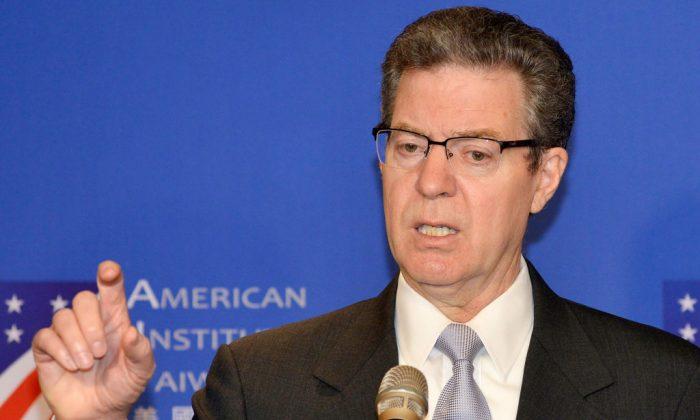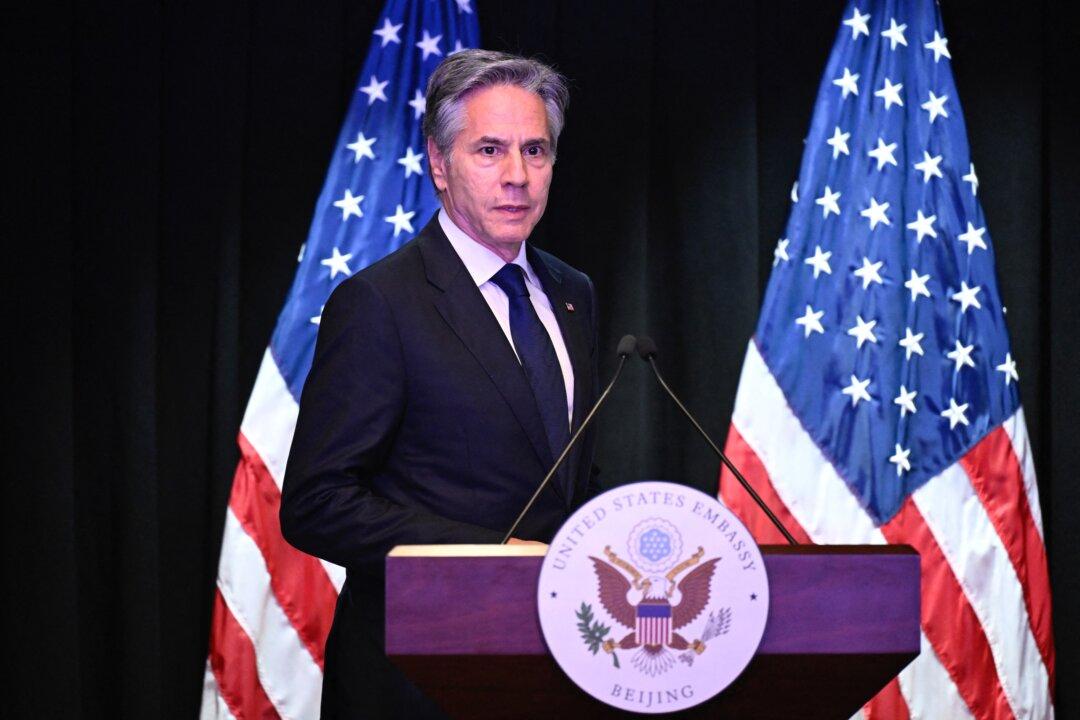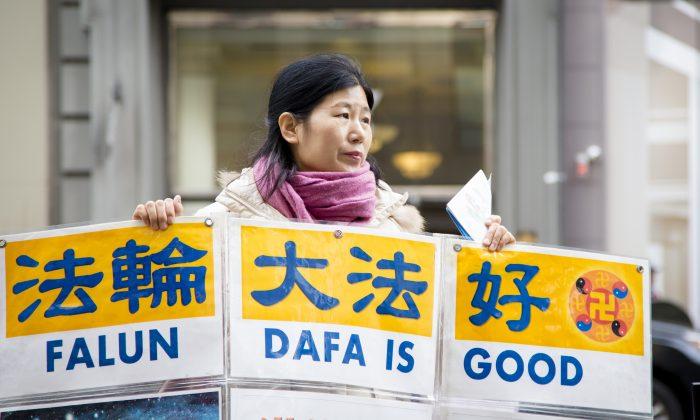U.S. ambassador for religious freedom Sam Brownback recently delivered strong words of criticism for the Chinese regime’s iron-fist efforts to repress religion in China.
On June 7, Brownback gave a speech at an
event held at the U.S. think tank, the Heritage Foundation, titled “Responding to the Crisis in Xinjiang.”
The U.S. State Department estimates that the Chinese regime has so far detained over 1 million ethnic minority Muslims, including Uyghurs, Kazakhs, and Kyrgyz into internment camps for political indoctrination.
“The Chinese Communist Party (CCP) will fail in their efforts that they are doing today to control religion throughout China. They are attempting to do something that no government has been successful in doing on a long term basis,” Brownback said.
The U.S. ambassador pointed out that despite the fact that China’s constitution guarantees freedom of religion, the CCP has continued to “trample” on this fundamental human right.
“They’re attempting to go from the kingdom of man to control the kingdom of God—that will fail,” Brownback said.
Brownback identified several faiths that have come under “extreme hostility” from the CCP: Buddhism, Islam, Christianity, and Falun Gong. He called on all countries to condemn what China is doing “in this war on faith.”
Falun Gong, also known as a Falun Dafa, is an traditional spiritual practice based on meditative exercises and moral teachings of truthfulness, compassion, and tolerance. The group’s enormous popularity—official estimates placed the number of adherents in China at roughly 100 million by the late 1990s—was viewed by then-CCP leader Jiang Zemin as a threat to his rule.
On July 20, 1999, Jiang launched a country-wide persecution to round up practitioners and throw them into prisons, brainwashing centers, labor camps, and psychiatric wards—in an effort to force them into abandoning their faith. Adherents are still arrested and detained today.
Brownback spoke in-depth about a similar plight that Muslim minority groups in China now face. They could be “arbitrarily detained” by the Chinese authorities for behaviors such as growing a beard, wearing a veil, attending religious services, observing Ramadan, sharing religious writings, and praying.
The Chinese regime also published a list of illegal Islamic names for children, which Brownback found “galling.” Those who do not comply will not be able to receive a household registration.
Brownback also condemned Beijing for its attempts to justify the camps by calling them “vocational training centers,” noting that there are “guard towers and barbed wires separating teachers and students.”
The U.S. ambassador earlier met with a group of Uyghurs in exile who are now living in the United States. About 30 in the group said they had missing family members in Xinjiang.
“The Trump administration is deeply concerned and considers this oppression a deliberate attempt by Beijing to redefine and control weaker identity, culture, and faith,” Brownback said.
He added that he regretted a decision he made in 2000, when he was a U.S. senator representing Kansas. He voted in favor of granting permanent most favored nation (MFN) status to China.
MFN is a status of level treatment in international trade. In 2000, then-U.S. President
Bill Clinton permanently granted MFN status to China. A year later, China became a member of the World Trade Organization (WTO).
“I did so thinking economic engagement with China would gradually alter their political behavior—that by experiencing greater economic opportunities, China would gradually grant more political freedoms, as they became increasingly engaged with the West. I was wrong in that assessment, as were many others at that time,” he explained.





